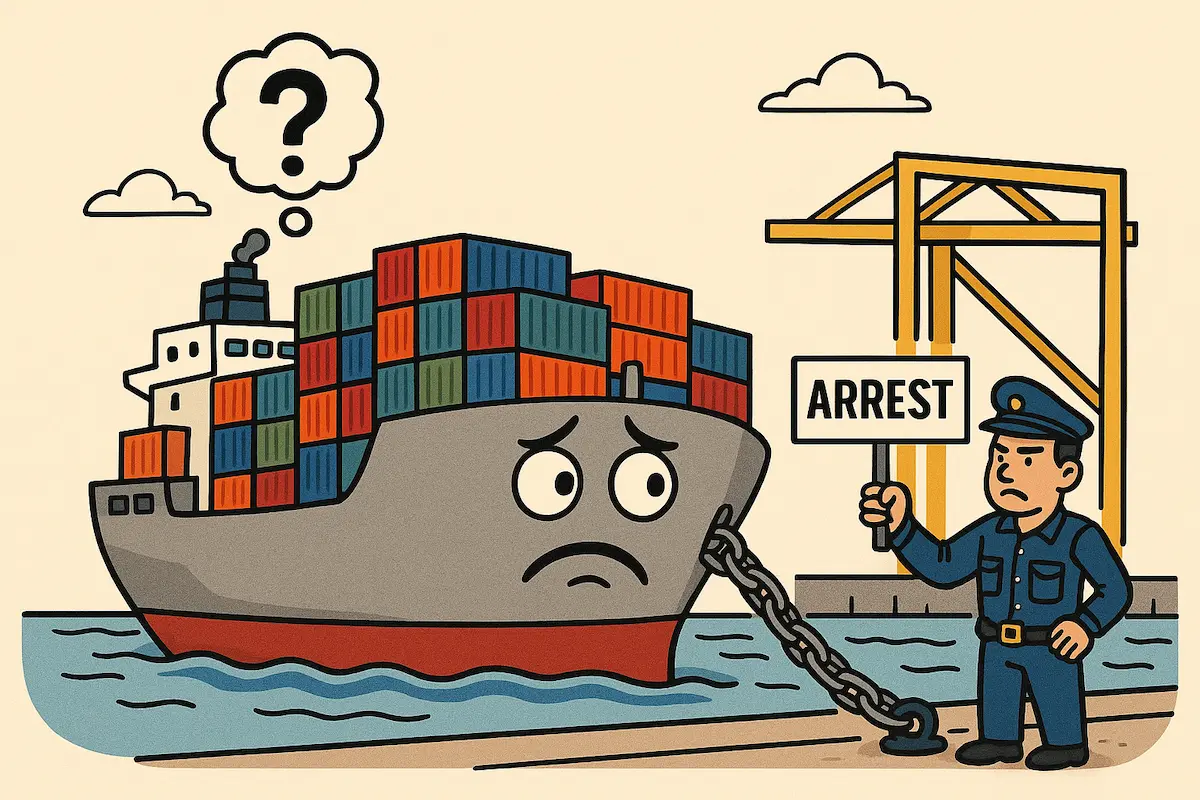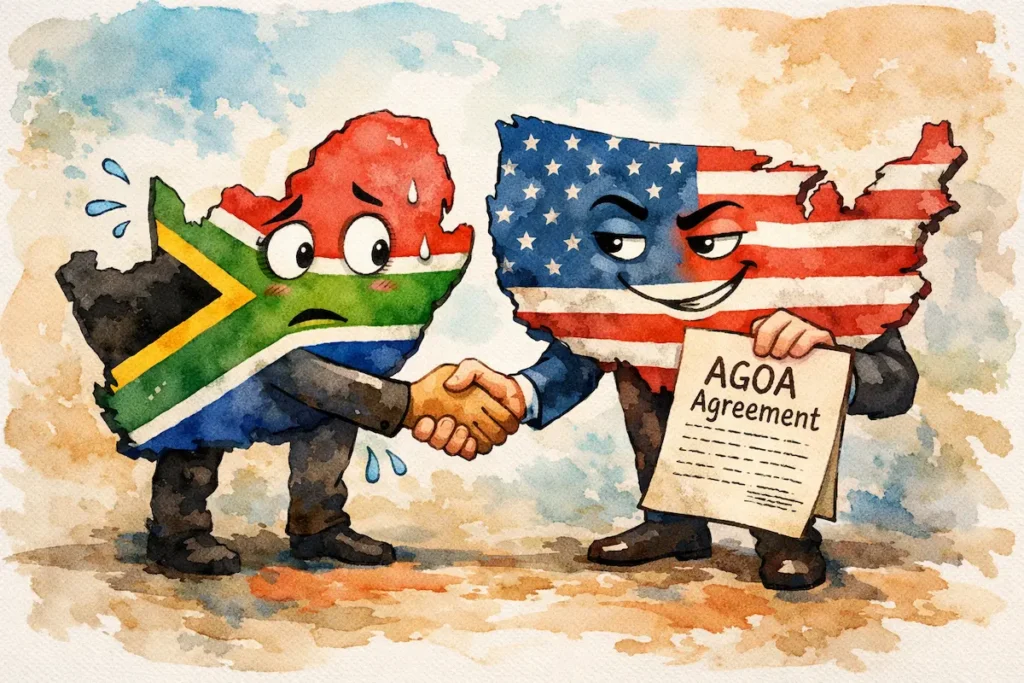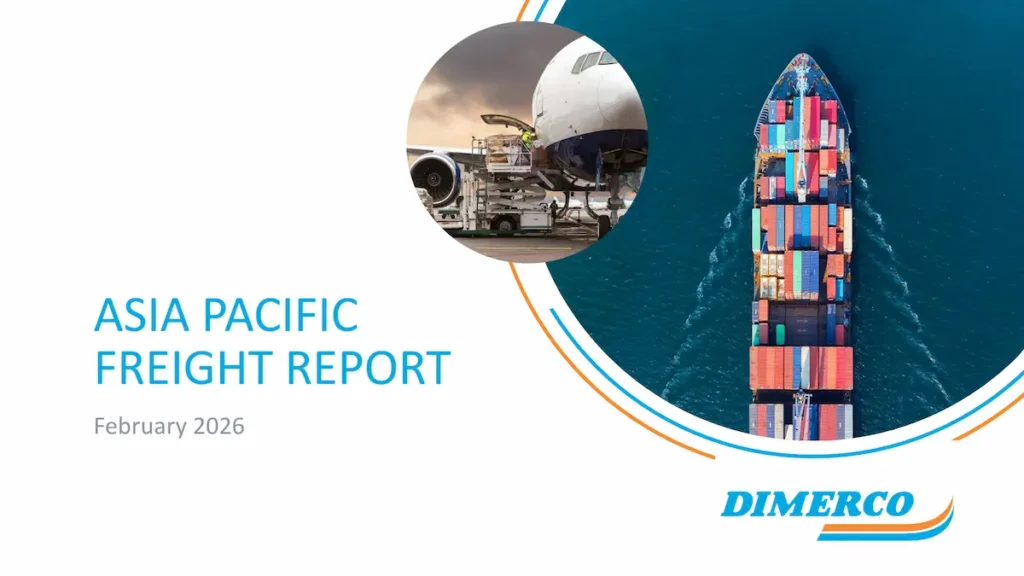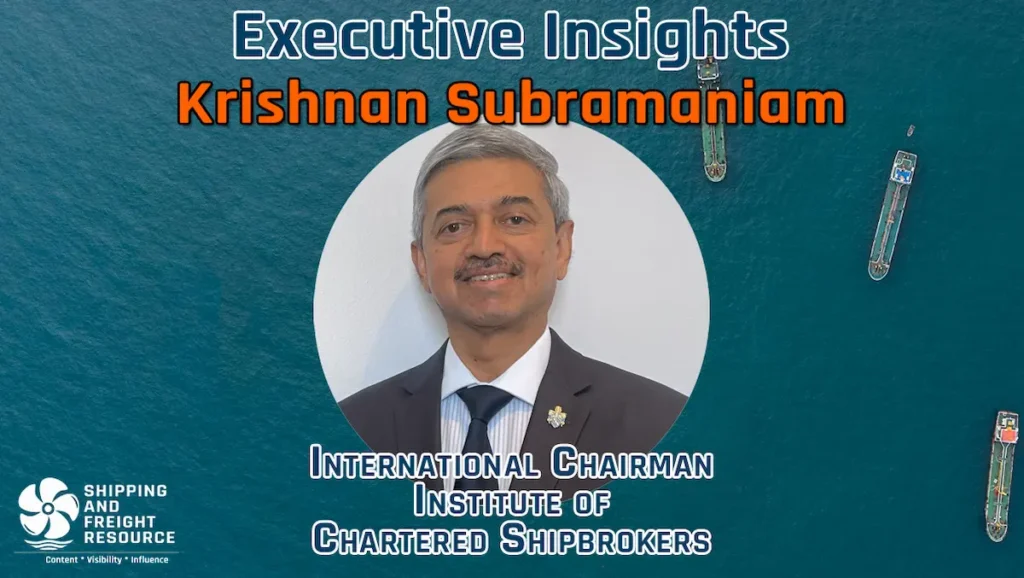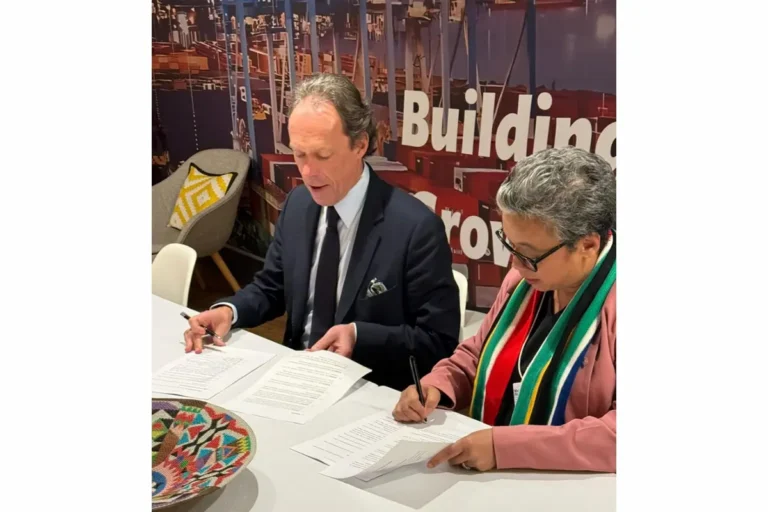Imagine this – a ship sinks off the Indian coast, taking with it cargo worth crores.. Weeks later, another ship—completely intact and sailing peacefully—is arrested at a nearby port..
Not for its own actions, but because it is related to the sunken one. Sounds like something from a legal thriller, right?
But this is exactly what happened in Kerala, where maritime law flexed its muscles..
The incident that started it all
On May 25, 2025, the MSC ELSA 3, a Liberian-flagged container ship operated by Mediterranean Shipping Company (MSC), capsized near the Kerala coast en route from Vizhinjam to Kochi..
Onboard were over 640 containers, including consignments of raw cashew nuts from several importers in Kollam, Kerala.. The vessel also reportedly carried hazardous cargo and fuel, making the loss both commercially damaging and environmentally alarming..
As per reports, in the absence of any known MSC assets within India, the affected cargo owners—Mangalathu Cashews, RRR Enterprises, and J J Trading—turned to the Kerala High Court to lodge admiralty suits and seek compensation of around ₹6 crore (approx. USD 720,000)..
Arresting a “different” ship – but legally right
This is where Indian maritime law played its trump card..
On June 10, 2025, the Kerala High Court ordered the arrest of MV MSC Manasa F, a sister vessel of MSC ELSA 3, which happened to be docked at Vizhinjam Port..
The ship was arrested not because it was involved in the incident, but because it shared the same beneficial owner, MSC Mediterranean Shipping Co. SA..
The legal basis: The Sister Ship Arrest Doctrine
At the heart of this bold legal step lies a powerful principle in admiralty law: the Sister Ship Arrest Doctrine.. When a shipowner operates multiple vessels, courts in many jurisdictions—including India—permit an “in rem” action (against a vessel) to be extended to a sister ship, if the original vessel is unavailable or has been lost..
This principle is codified under Section 5(2) of India’s Admiralty Act (Jurisdiction and Settlement of Maritime Claims), 2017, which allows courts to arrest “any other ship” owned by the same person to secure a maritime claim..
Indian courts have previously upheld this approach, most notably in M.V. Mariner IV v. Videsh Sanchar Nigam Ltd., where the Bombay High Court confirmed that a sister vessel could be arrested instead of the defaulting ship to ensure the claimant’s rights were protected..
So, although MSC Manasa F was not directly involved in the sinking, its common ownership with MSC ELSA 3 made it a valid and legally attachable asset under Indian law..
The legal twist: Arrest lifted after payment
The arrest order included a clear provision: if MSC furnished ₹6 crore as security for the claimants, the arrest would be vacated.. And that is exactly what happened..
On June 12, 2025, MSC deposited the required amount through a demand draft to the Kerala High Court.. The court immediately lifted the arrest, and MSC Manasa F was allowed to resume operations..
The deposit secured the claimants’ rights, allowing the court case to continue even as the ship sailed away.. The matter is now scheduled for a final hearing on July 15, 2025, where compensation, liability, and potential negligence will be examined in full detail..
Implications for shipping and cargo stakeholders
This sequence of events offers powerful lessons for all players in the shipping and trade ecosystem:
- Sister ship arrests are legally sound and enforceable in India under the 2017 Admiralty Act..
- Corporate structure will not shield liability: complex international ownership is not a defence if beneficial control can be established..
- Cargo owners have legal remedies, even when the ship involved has sunk or left jurisdiction..
- Carriers must maintain seaworthy vessels, proper stowage practices, and clear records to avoid exposure..
For shippers and freight forwarders, this also highlights the importance of maintaining comprehensive cargo insurance and understanding the jurisdictional reach of admiralty courts..
Broader ripple effects
Beyond the court case, the sinking of MSC ELSA 3 has raised environmental and operational concerns:
- The vessel reportedly carried containers with hazardous goods, as well as large volumes of diesel and furnace oil, sparking public interest litigation..
- The Kerala High Court has warned the government not to use public money for salvage operations and urged recovery from the vessel owners and insurers..
This signals a stronger push for accountability and environmental responsibility from ocean carriers operating in Indian waters..
Final thoughts
The saga of MSC ELSA 3 and the arrest—and subsequent release—of MSC Manasa F illustrates the long arm of maritime law and the strength of judicial remedies available in India..
It is a textbook example of how cargo owners can protect their interests even when disaster strikes offshore and assets vanish beneath the waves..
With the sister ship doctrine now firmly at the centre of this legal drama, the shipping industry would do well to review its risk posture, documentation transparency, and compliance with safety and stowage norms..
The next chapter in this story will unfold on July 15—but for now, the law has made it clear: ownership carries responsibility, wherever it docks..

